November 14, 2020
Dr. David Rabin, MD, Ph.D. first joined me for the episode “A Whole New Way To Deal With Stress, Trauma & PTSD In Just Seconds: The First Clinically Validated Wearable That Helps You De-Stress, Focus, Sleep, Stay Energized & Remain Calm.“
He is a neuroscientist, board-certified psychiatrist, health-tech entrepreneur, and inventor who has been studying the impact of chronic stress in humans for nearly 15 years, particularly non-invasive therapies for treatment-resistant illnesses such as PTSD.
Dr. Rabin is the co-founder and chief innovation officer at Apollo Neuroscience and the co-founder and executive director of The Board of Medicine. In addition to his clinical psychiatry practice, Dr. Rabin is currently conducting research on the epigenetic regulation of trauma responses and recovery to elucidate the mechanism of psychedelic-assisted psychotherapy and the neurobiology of belief. Dr. Rabin received his MD in medicine and Ph.D. in neuroscience from Albany Medical College and specialized in psychiatry at the University of Pittsburgh Medical Center. His wife, Kathryn Fantauzzi, works with him as the CEO and co-founder of Apollo Neuroscience.
Joining Dr. Rabin on this show is Dr. Joseph Maroon, clinical professor, vice chairman, and Heindl Scholar in Neuroscience at the Department of Neurosurgery at the University of Pittsburgh. In addition to being a world-renowned “burnout expert” and completing eight Ironman triathlon events since turning 50, he is involved in the development of minimally invasive surgical procedures for diseases of the brain, orbit, and spine; the prevention and treatment of traumatic injuries to the central nervous system; innovative approaches to pituitary and other brain tumors; complimentary and alternative medicine approaches to inflammatory diseases associated with aging; the prevention and treatment of sports-related injuries; and is co-developer of ImPACT, a neurocognitive test that is now the standard of care for concussion management in the NFL, NHL, MLB, NASCAR, and over 12,000 high schools and colleges in the United States. It is the only FDA approved test for concussion evaluation with 23 million athletes baseline tested to date. Dr. Maroon has also been the neurosurgical consultant for the Pittsburgh Steelers for 30 years and the first neurosurgeon directly appointed in the NFL.
Over the last several years, Dr. Rabin has been amassing a dream team that has become The Board of Medicine, a nonprofit coalition led by some of the world’s leading experts across many diverse fields of artificial intelligence (AI), nutrition, psychedelics, and clinical medicine that supports evidence-based strategies for harm-reduction in medicine and public health.
He believes that the future of healthcare in the 21st century is going to change substantially as a result of the current pandemic and that it is pretty clear that we are woefully underprepared for this as a healthcare system. The most significant change will be that most forms of non-urgent medical care will be delivered directly to patients/clients in their homes via telemedicine. He is already seeing this shift in mental health to include ketamine-assisted teletherapy and the integration of wearable technologies. As such, the future of healthcare is looking more and more digital and psychedelic with each passing day.
This podcast will focus on AI, psychedelics, and the convergence of Eastern and Western medical disciplines in current and post-COVID times.
During this discussion, you'll discover:
-How Dr. Maroon lays claim to the title “burnout expert”…08:05
- Someone who has been there, and has survived it
- Bound by ambition to become a successful neurosurgeon
- Flew like Icarus, then burned out with personal setbacks
- Overwhelmed, overworked, over-committed, over-stressed
- Every man's life is a diary; a diary in which we intend to write one story, but end up writing another
- His banker asked him to go on a run, which helped alleviate stress
- This eventually led to running triathlons; he credits this to saving his life
- Studied the physiology of stress, the effect of exercise on the human brain, how to overcome stress
- Joseph Maroon's book Square One: A Simple Guide To A Balanced Life
-The connection between burnout and adrenal fatigue…13:40
- Walter Cannon and Homeostasis: the ability of the body to maintain stability under all circumstances
- Stress produces an outpouring of cortisol from the adrenal gland (along with DHEA, pregnenolone, etc.)
- This is life-saving in an emergency situation
- Chronic stress results in “adrenal atrophy”
- Two responses (coined by Hans Selye): Stress response and adaptation syndrome
- Lack of resilience or adaptation to stress leads to exhaustion, or adrenal fatigue
- Adrenal fatigue suppresses immunity, you get overwhelmed with cortisol
- Excess cortisol destroys cells in the hippocampus, which serves memory
- People under chronic stress are confused, have memory impairment; killing cells in their hippocampus (excitotoxicity)
- Joseph's recovery and subsequent functioning at a high level was made possible by exercise, meditation, change in diet and improving relationships with his family, as discussed in the book Square One
-A day in the life of an 80-year-old peak performer…18:25
- Minimum 1-hour workout each day
- Diet is primarily fruits, veggies, lean protein, Alaskan salmon, very little red meat
- Omega-3 fatty acids; fish oil being one of the best anti-inflammatories
- Curcumin and polyphenols
- The Zone Diet by Barry Sears, a close friend and one of the most informed individuals in terms of inflammation
- Inflammation is the common denominator in the development of cancer, heart disease, Alzheimer's disease, and virtually most of the diseases of aging
- How You Can Use Cold Thermogenesis To Perform Like Lance Armstrong And Michael Phelps – podcast with Dr. Jack Kruse
-Using hypothermia in conjunction with surgery…20:45
- Hypothermia lowers the metabolism of cells and preserves them under stressful conditions
- Sometimes used in spinal cord injuries
- Need to find the proper balance when administering
- Morozko Forge that Ben has outside his office (use code BENFORGE for $150 off the retail price for any Forge)
-What inspired Dr. Rabin to form the Board of Medicine…22:30
- Western medicine is good at treating certain approaches such as acute emergency issues and illnesses
- Not so good at treating chronic inflammatory issues (mental illness, addiction, autoimmune, burnout)
- Eastern treatments more aligned with the Hippocratic approach than some of the Western approaches
- “Let food and exercise be thy medicine”
- First, do no harm
- Let our treatments be focused on teaching the patients to heal themselves
-The number needed to treat (NNT) vs. the number needed to harm (NNH)…28:30
- Certain pharmaceuticals are useful for specific, short-term use
- Addictive and damaging to cognition when used chronically
- Doctors are the only people sworn to an oath to do no harm to others (Pharma companies don't do this)
- Pharma companies have a history of lying to medical professionals
- NNT = number needed to see an improved treatment response (want a low number)
- NNH = number needed to experience significant risk or side effects (want this to be high)
- Selective serotonin reuptake inhibitors (SSRIs) prescribed to people with depression and anxiety; NNH is lower than the NNT
- A side effect is far more likely than a benefit
- This is not disclosed to patients
-Whether the NNT is applied to plant medicines, herbs, CBD, and the like…36:40
- Pharma companies have little incentive to invest in a study that would determine the NNT
- The NNH is a more important metric
- Physicians are unaware of all the options available due to a lack of knowledge
- CBD has a very high NNH and can replace opioids, which have a low NNH
- Some studies on the effects of CBD on the brain are questionable in their findings
- Studies are sometimes conducted and written in such a way that makes them difficult to interpret
- One of the missions of the Board is to decipher one good study from another bad study written in very convincing ways
- Breaking down the literature to try to provide guidelines, not only for the physicians and commissions, but also for the public
-How AI is used for human optimization…41:30
- Dr. Ken Ford's Stem Talk podcast
- Skewed perception of how AI interacts with humanity
- AI is about creating computers that learn and help with simple tasks that we struggle with
- Wearables are an example of AI put to good use
- Oura Ring (use Ben's link to save $50)
- WHOOP (use code BEN to save $30)
- Apollo wearable
- Clinicians see patients once every two weeks at most; occasionally every week; more common is every six months
- Patients' use of wearables allows insight into how patients do on a daily basis; how they are sleeping; their activities, etc.
- Resolution of data points into daily (as opposed to two-weeks or six-month) resolution is a game-changer
- AI will eventually automate the process of allowing clinicians to see how patients are doing; what needs to be done to help their patients improve; not just patients but across cultures; large scale communities
- Start to identify and understand public health problems in specific localities
- Why are some communities suffering more than others?
- Is it something in the water, something in the air?
- Why does the Pittsburgh community have a 10% higher rate of autism in their children than other communities nationwide?
- These are some things needed to be figured out and something AI can solve
- Christopher Kelly of Nourish Balance Strive
- Bloodsmart – blood test using AI to predict what is likely happening inside your body (and what might be going wrong)
- Chris Kelly's Machine Learning for Blood Chemistry Interpretation
- Board of Medicine
- Hands-on clinical advisers helping to facilitate the development of technologies
- Advice on the research front; help product developers understand what is needed in public health
- Bend the arc of humanity and human progress on the healthcare front
- AI, psychedelics, medicine, used the right way show us that we have the ability to rewrite our own story
- “A good physician treats a patient's disease; a great physician treats a patient who has a disease”
- It is much easier to write a prescription than to educate the patient
-Psychedelics, plant medicine, and the future of healthcare…52:30
- Dr. David Rabin podcast with Tim Ferriss
- Ferriss raised $30 million for the Multidisciplinary Association for Psychedelic Studies (MAPS) with Joe Green to research MDMA for the treatment of PTSD
- MDMA is capable of inducing a state of radical empathy and insight without fear
- Warm the clay that has been molded by our past, childhood, even ancestral trauma; to have enough perspective to reform that clay into the shape we see ourselves in actuality without the attachment of ideas like PTSD, depression, anxiety, and the idea that we are fundamentally disordered
- Board of Medicine is standardizing protocols, training facilitators, etc.
- War veterans with treatment-resistant PTSD see dramatic improvements after 3 MDMA sessions in the course of 12 weeks of empathy-based psychotherapy protocol outlined by MAPS
- Roughly 52% of people getting this treatment, after being treatment-resistant for an average of 17.6 years, are no longer meeting diagnostic criteria for PTSD
- 5 years out, without any further intervention, 67% of these people are no longer meeting diagnostic criteria for PTSD
- Unheard of in mental health
- Trials with psilocybin, ketamine, and others are seeing similar results
-Concerns about psychedelics from the perspective of the neurosurgeon…1:00:30
- How do patients get access to these psychedelics? How do we get these positive results to the people who need them the most?
- Psychiatric field is not currently supportive of it as a whole
- Board of Medicine hopes to clear the air on the efficacy of plant medicine
- Psychedelic News Hour podcast
- Safety is paramount in triggering the parasympathetic state
- Threat triggers sympathetic state
- Dr. Phil Wolfson, founded Ketamine Assisted Therapy (KAT)
-Neuroimaging to diagnose the executive network of the brain…1:06:13
- EyeWire, a game to map the brain
- National Institute of Mental Health initiative
- Research Domain Criteria (RDoC) – map of DNA, molecular and hormonal changes, to classify mental disorders
-What David and Joe are most excited about for the future of healthcare…1:09:10
- Joe:
- Immunotherapeutic approach to cancer
- Energy sources (transcranial magnetic stimulation, direct current stimulation, photobiomodulation)
- Neuromodulatory techniques to reorient synaptic tracks in the brain
- David:
- Epigenetics and trauma
- Comparing epigenetic markers of trauma and stress response genes pre- and post-psychedelics, Apollo wearable
- Dr. Rachel Yehuda: How Trauma and Resilience Cross Generations
- Biology of Belief by Bruce Lipton
- Dr. Thomas Seyfried
- Article: Immunotherapeutic approaches for cancer therapy: An updated review
- Ben's presentation at the Wild Health Brain Biohacking Summit
- AngieX: Vascular-targeted biotherapeutics, antibody-based cancer therapy
- Is There One Single Diet That Is Best? (And Why Something Called The “Perfect Health Diet” Heavily Influences Most of Ben Greenfield’s Dietary Decisions) with Paul Jaminet
-And much more!
Click here for the full written transcript of this podcast episode.
Resources from this episode:
– Dr. David Rabin and Dr. Joseph Maroon:
- Apollo wearable (Use this link to save 15% automatically)
- Psychedelic News Hour podcast
- Dr. David Rabin on Tim Ferriss' podcast
- The Board of Medicine
- ImPACT
– Podcasts:
- A Whole New Way To Deal With Stress, Trauma & PTSD In Just Seconds: The First Clinically Validated Wearable That Helps You De-Stress, Focus, Sleep, Stay Energized & Remain Calm with Dr. David Rabin
- How You Can Use Cold Thermogenesis To Perform Like Lance Armstrong And Michael Phelps with Dr. Jack Kruse
- Is There One Single Diet That Is Best? (And Why Something Called The “Perfect Health Diet” Heavily Influences Most of Ben Greenfield’s Dietary Decisions) with Paul Jaminet
– Articles:
- Walter Cannon and the Concept of Homeostasis
- What Is General Adaptation Syndrome?
- Karoshi or Death from Overwork
- Dr. Jack Kruse: Peri-Operative Optimal Surgical Considerations
- That alarming CBD liver damage study is bunk—and the media should know better
- To Be a Great Physician, You Must Understand the Whole Story
- Dr. Rachel Yehuda: How Trauma and Resilience Cross Generations
- Immunotherapeutic approaches for cancer therapy: An updated review
- Chris Kelly's Machine Learning for Blood Chemistry Interpretation
– Books:
- The Zone Diet by Barry Sears
- Biology of Belief by Bruce Lipton
- Square One: A Simple Guide To A Balanced Life by Joseph Maroon
– Other resources:
- Ben's presentation at the Wild Health Brain Biohacking Summit
- Alaskan Salmon
- Omega-3 Fatty Acids
- Curcumin
- Polyphenols
- CBD
- Oura Ring (use Ben's link to save $50)
- WHOOP (use code BEN to save $30)
- Morozko Forge (use code BENFORGE for $150 off the retail price for any Forge)
- Dr. Phil Wolfson
- MAPS
- EyeWire
- Eyewire connectome
- Brain connectome
- National Institute of Mental Health initiative RDoC
- Dr. Eric Kandel
- Dr. Thomas Seyfried
- AngieX: Vascular-targeted biotherapeutics
- Dr. Ken Ford's Stem Talk podcast
- Christopher Kelly of Nourish Balance Strive
- Bloodsmart Blood Test Using AI
Episode sponsors:
–The Kion Daily Life Bundle: The ultimate Kion Bundle! Ben Greenfield and Team Kion’s go-to, everyday essentials. Includes Kion Coffee, Aminos, Lean, and the Clean Energy Bar. BGF listeners, receive a 10% discount off your order when you use discount code BEN10.
–Organifi Green Juice: Now you can get all your healthy superfoods in one glass…with No Shopping, No Blending, No Juicing, and No Cleanup. Get a 20% discount on your entire order when you use code BENG20.
–Ra Optics: Purchase a pair of Ra Optics Day and Night Lenses to optimize sleep quality, energy, levels, and health in the modern, electrically-lit world. Receive 10% off your order when you use my link.
–Clearlight Saunas: You can be sure that I researched all the saunas before I bought mine and Clearlight was the one that stood out from all the rest because of their EMF and ELF Shielding and their Lifetime Warranty. Use code BENGREENFIELD to get $500 off your sauna, free shipping, and a free bonus gift!

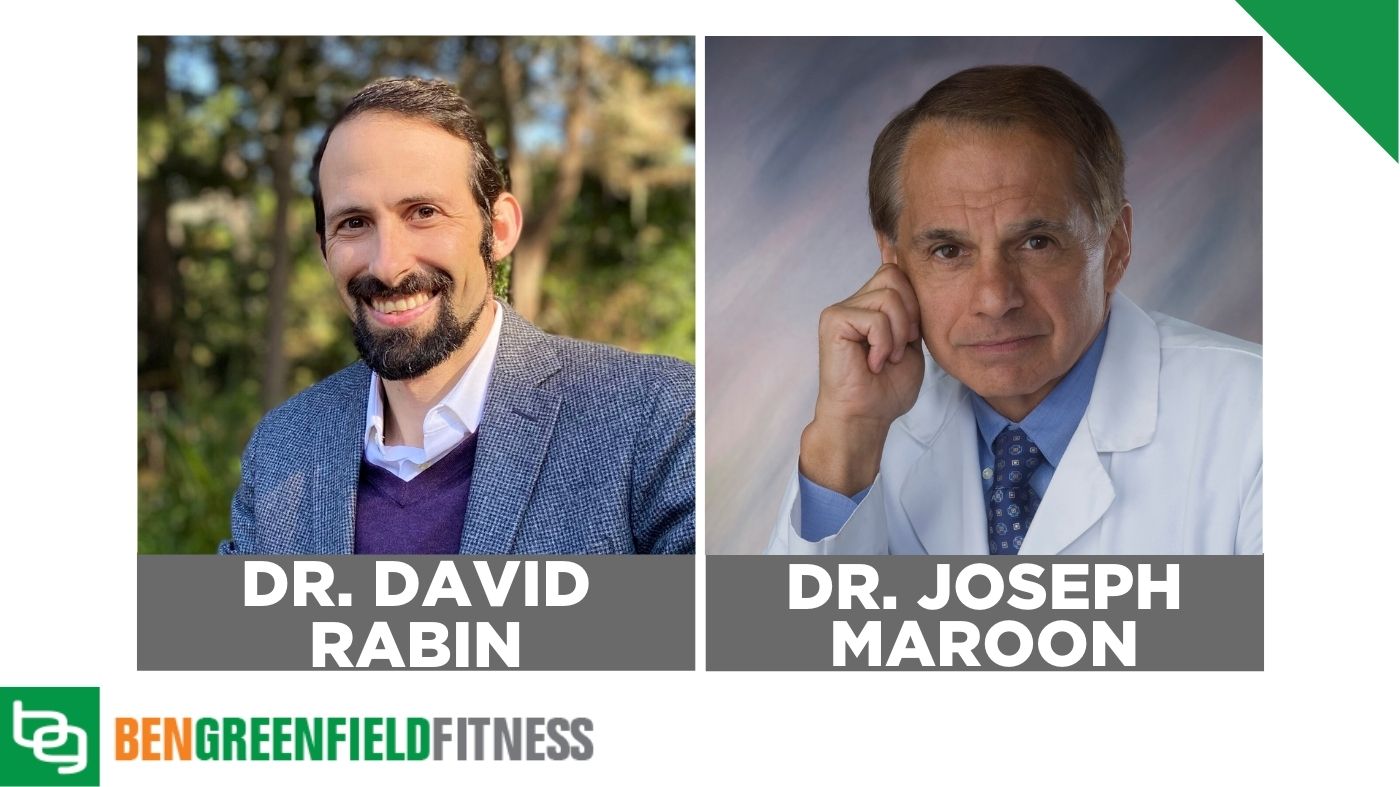
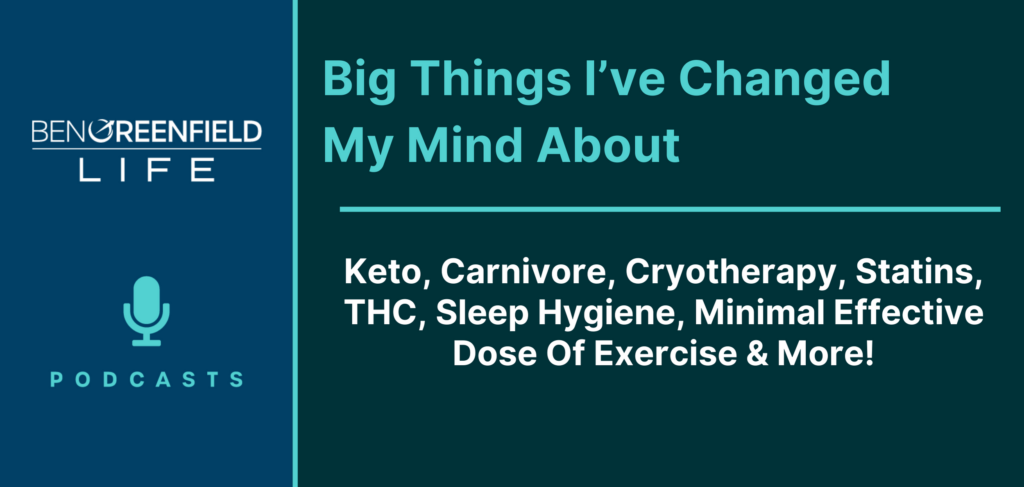
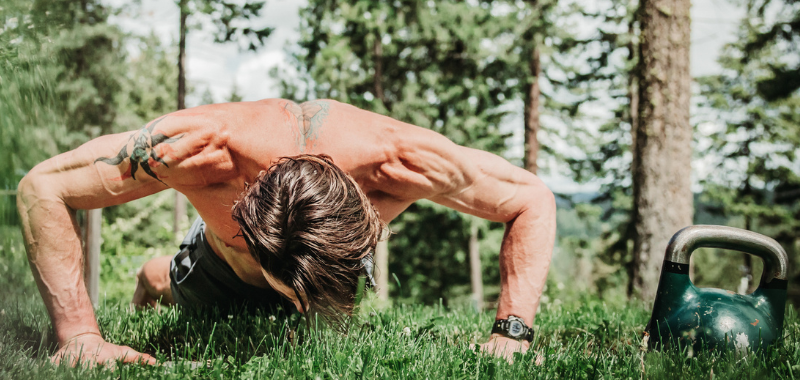




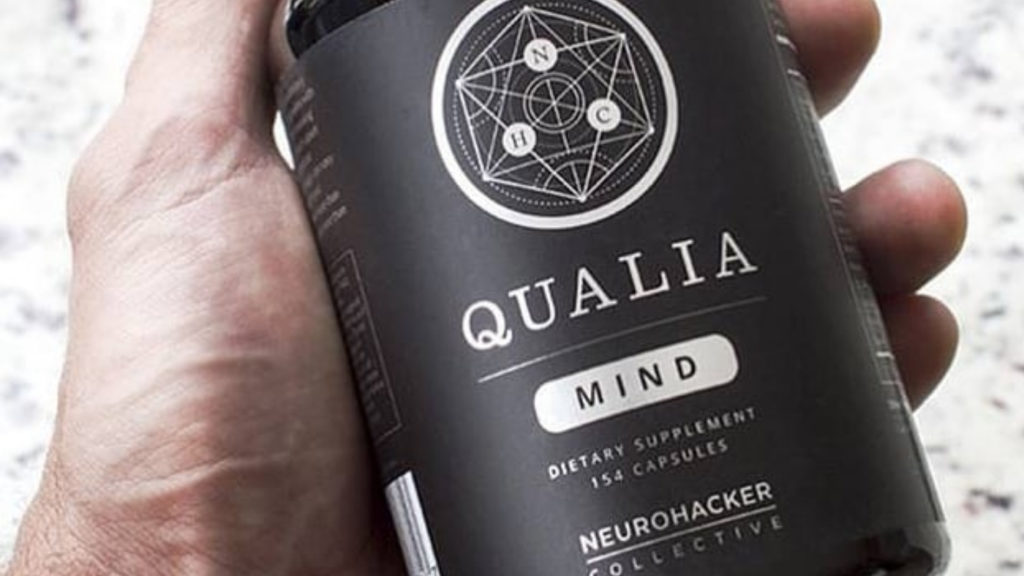
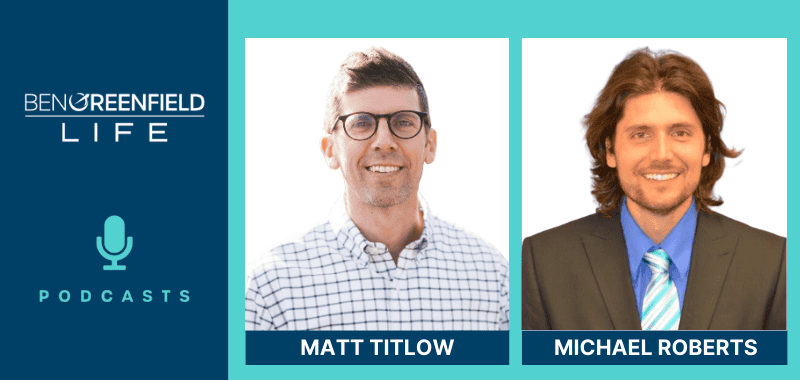

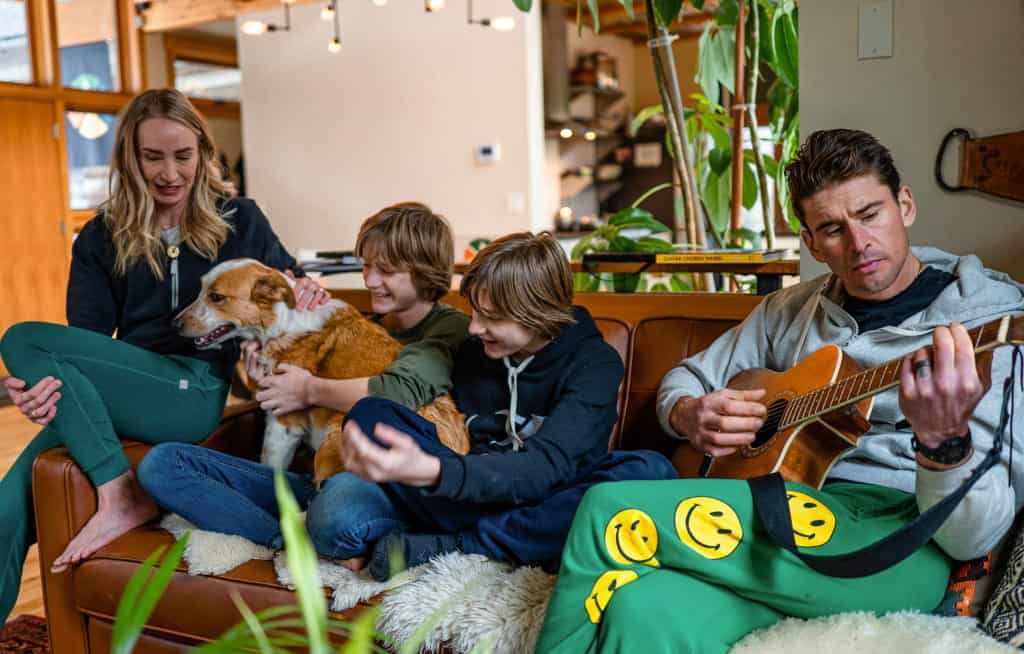

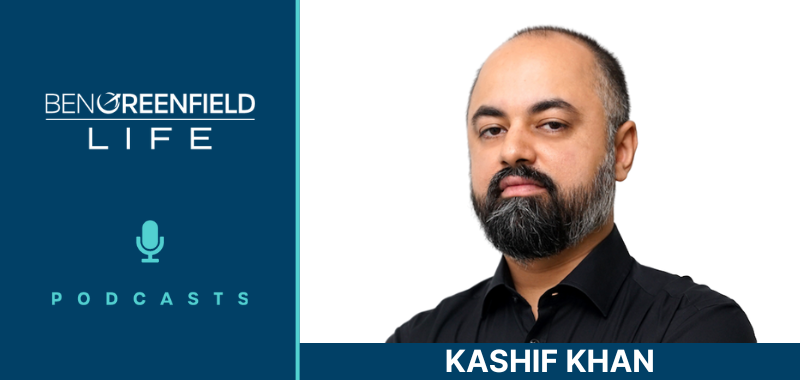
We have a son with seizures and have learned things that trigger seizures. One of them is stress, so wondering if the Apollo might help.
Ben
I have seen reducing stress/anxiety has a direct impact on lowering blood pressure and sense of general well being.
In that regard, I would need your inputs…
Can you compare and contrast the prominent and efficacious wearables like Apollo Neuro, Nucalm System subscription, Muse , Mindgear CES, Fisher Wallace to name a few.
Thanks
Hey Venkat,
Just adding in here to help you, most of these tools get you to a similar place or state of consciousness. The primary difference between Apollo and the rest are price, effort, and portability in one’s day to day life. Apollo is the most cost-effective, portable, and effortless of the technologies you’ve mentioned here. Of these, Apollo takes the least amount of time to integrate into your day to day life. I’m sure Ben could add more details from his personal experience here as well.
Hope this helps!
Thanks Dr David!
I sent an email to your support to explore if there was a Cyber Mon Sale. Waiting to hear from them.
Hi Ben – Your comparison or experience would be appreciated.
@Dr David Rabin
I bought the Neuro and have been usingit for the last three weeks. Yet to see any improvements.
Hoping to see after the break in period, it may help.
BTW I also got the NuCalm.
Thanks
Hello Dr Rabin
I have been using Apollo Neuro for last two weeks couple of times in day.
Lately I have noticed racy heart in the morning around 5am just before waking up, sometimes a dull pain through out the day.
I am 50, have 30% stenosis in my LAD.
Are mild vibrations efficacious or safe for some one with early stages of cardio vascular issues?
I also suffer from anxiety routinely during my work days, but for last two weeks I am on vacation, so no work related stress.
Appreciate your response and guidance.
If you suggest, maybe I can return the product.
Venkat, I tried the Apollo but it did not work for me. It is a great device but it made me anxious. I don’t know if you are a woman or a man, but my assessment of the Apollo is that it was designed for men by men using male PTSD patients. Is is designed to track along specific neuro pathways to specific locations in the brain whereas the other devices are for general treatments.
For the best info on TDS (DC) and CES (AC) microcurrent devices, go to the site Caputron.com. I own an Alpha stim CES and it is effective and a medical grade device, as is the Fisher Wallace CES. The best TDS device is the ActivaDose.
Thanks for the NuCalm info, I just bought a subscription.
Thank you Christina! I am not sure of these vibration devices either, I am waitng for response from Apollo also. BTW I am 50 yr old male.
I have seen the Caputron.com, and see Nucalm llisted there. I am still learning about these TDS devices. Since its new to me, I am apprehensive of electric current being passed. Especially in the light of vibrations and its effect on my palpitations. Would appreciate if you could share more info on your experience
I recently purchased an Apollo. I am electro sensitive and was wondering if this device can help? So far, it seems it isn’t. What’s a good device to use for this?
Hey Jean, Thanks for reaching out. Could you please explain what you mean by “electro sensitive”? Apollo is not intended to treat any conditions at this time and I am not aware of any device proven to help with “electro sensitive” folks.
That said, Apollo is a wellness device that helps with a number of different challenges many of us are facing right now. If you are talking about EMF sensitivity, Apollo will not make that go away. You can turn off Apollo’s bluetooth (and all radio transmissions) by putting it into airplane mode if that is helpful for you. If you know that you are sensitive to frequencies like sound, light, vibration, EMF, I would recommend keeping the Apollo sensitivity on the low end for starters.
All the best,
Yo podcast does not suck and you rock my socks off. Keep being an awesome Christian paychonaught biohacking father bringing Bro science to the masses. Hated hearing the negative self talk when asking for the survey. Just wanted to reach out and tell you that you keep me motivated and the Apollo has been a incredible help for me as well with this opportunity of a year!
So glad Apollo has been helpful Daniel and that you’ve enjoyed the podcasts :)
Thank you for taking the time to respond to me!